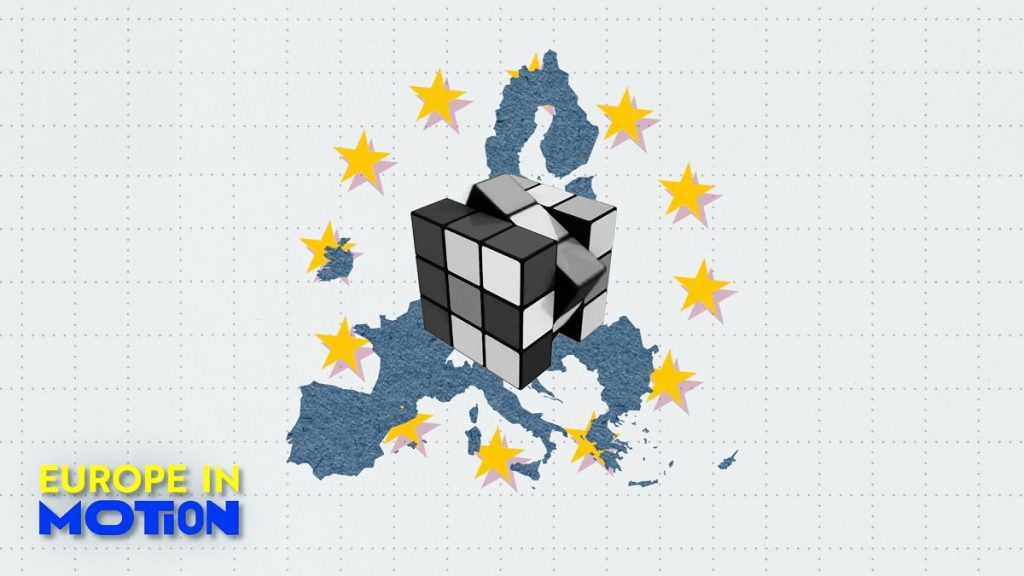The Organization for Economic Co-operation and Development (OECD) has released a comprehensive study assessing the literacy, numeracy, and problem-solving skills of adults across 31 countries. The findings reveal a significant disparity in skill levels among nations, with Finland emerging as a clear leader. Finnish adults demonstrated the highest proficiency in all three assessed domains, followed closely by other Nordic countries like Sweden and Norway, as well as the Netherlands. These nations consistently showcase strong educational systems and a commitment to lifelong learning, contributing to their high performance in the survey. Conversely, several EU countries, including Portugal, Poland, Italy, and Lithuania, lagged behind, scoring below the OECD average across all skill areas. This discrepancy raises concerns about the preparedness of these nations’ workforces for the evolving demands of the modern economy.
The survey, which involved 160,000 adults, employed a scoring scale ranging from zero to 500 points. In the crucial area of adaptive problem-solving, which measures the ability to effectively navigate complex and evolving situations, Poland registered the lowest score among the mentioned EU countries with 226 points. Lithuania, Italy, and Portugal followed closely with scores of 230, 231, and 233, respectively. These results underscore the need for targeted interventions and policy reforms in these countries to enhance adult learning opportunities and bridge the skills gap. The OECD emphasizes the importance of equipping individuals with the necessary skills to adapt to rapid technological advancements and evolving labor market demands.
The study also highlights a clear correlation between age and skill proficiency. Younger adults, particularly those aged 25 to 34, generally outperformed older adults in all assessed areas. This trend is likely influenced by several factors, including the increasing integration of technology into education and the evolving nature of skills required in the workplace. Adults aged 55 to 65, having received education and entered the workforce in a different era, may face challenges in keeping pace with these changes. This disparity reinforces the importance of continuous learning and upskilling initiatives throughout the working life to ensure that older workers remain competitive and adaptable.
Furthermore, the research confirms the persistent influence of parental education on an individual’s skill development. Adults with highly educated parents consistently demonstrated stronger literacy skills compared to their counterparts from less educated backgrounds. This underscores the crucial role of family background and early childhood education in shaping an individual’s learning trajectory. However, the study also revealed significant variations in the extent of this influence across different countries. Spain, notably, displayed the smallest skill gap between adults from different socioeconomic backgrounds, suggesting a more equitable distribution of educational opportunities. This finding highlights the potential of effective education policies to mitigate the impact of socioeconomic disparities on skill development.
The OECD emphasizes that these findings are not merely about academic achievement but have significant implications for individuals’ well-being, economic prospects, and societal engagement. Stronger numeracy skills, for instance, are associated with higher employment rates, increased earnings, improved health outcomes, and greater life satisfaction. Furthermore, individuals with higher numeracy skills tend to report a stronger sense of political efficacy, feeling more capable of understanding and influencing political affairs. This highlights the wider societal benefits of investing in adult education and skill development.
The OECD report serves as a call to action for governments and policymakers to prioritize adult learning and address the widening skills gap. The findings underscore the urgent need for comprehensive strategies that promote lifelong learning, provide access to quality education and training opportunities, and address the specific challenges faced by different age groups and socioeconomic backgrounds. Investing in adult skills is not just an economic imperative but a social one, essential for fostering inclusive growth, promoting individual well-being, and ensuring societies are equipped to navigate the complexities of the 21st century. The uneven skills landscape revealed by the survey necessitates a concerted effort from governments, educational institutions, and employers to ensure that all individuals have the opportunity to develop the skills they need to thrive in a rapidly changing world.

